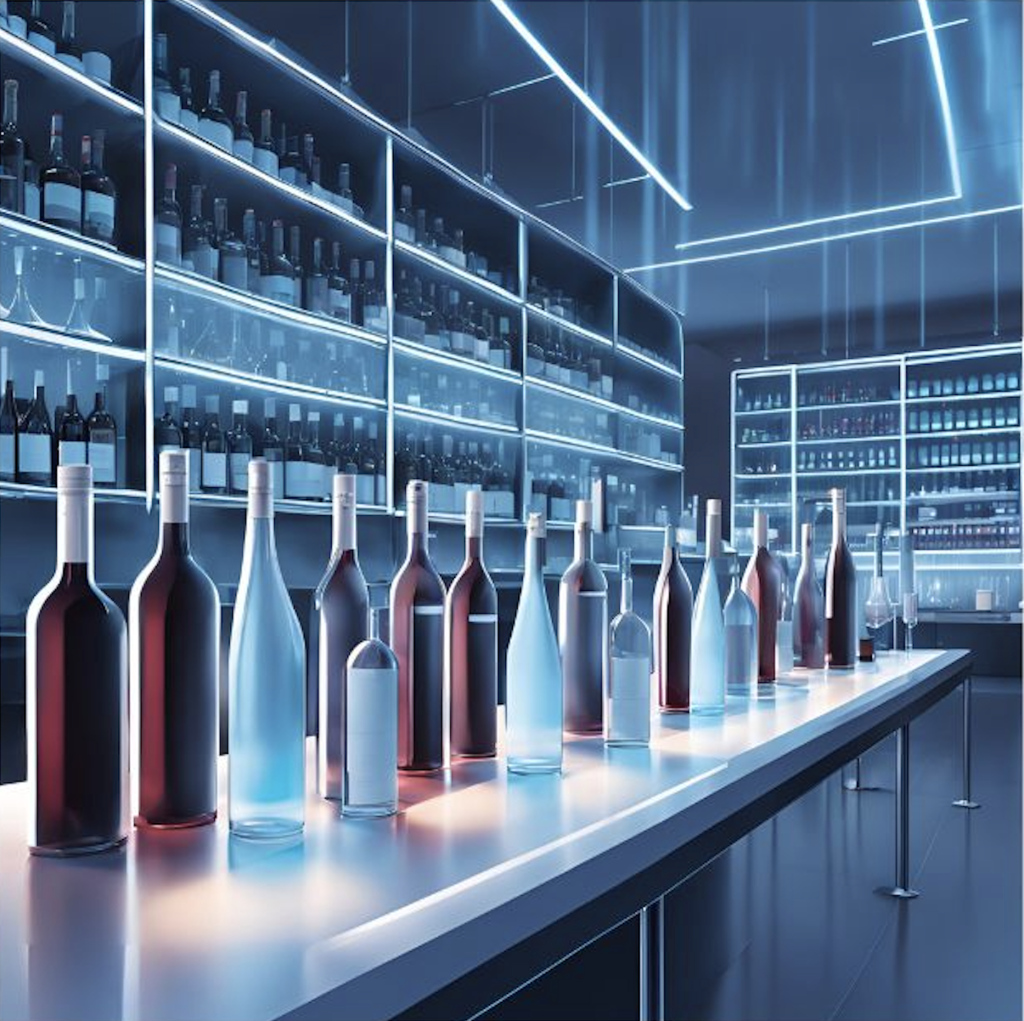
NEW PROJECT WITH THE VOLKSWAGEN-FOUNDATION!
The Computerized Palate: Digital Technologies and the ›Lower Senses‹
The project »The Computerized Palate: Digital Technologies and the ›lower senses‹«aims to establish the field of culinary sensorial research, contributing a new dimension to the theory of computerization. Departing from the focus on the visual and tactile aspects in the media theory of human-computer interaction, it explores the computerization of the ›lower‹ senses of smell and taste. This initiative seeks to forge an interdisciplinary domain that integrates media studies, AI and sensor research, culinary arts, and wine analytics. By bridging sensory perception with digitalization, it redefines contemporary challenges such as analog-to-digital translation, concerns about AI replacing human subjectivity, and the limits of digitalization. Research into the culinary and sensory realms, prompted by challenges posed by sensor technology, machine learning, and generative AI (such as ChatGPT), has been largely overlooked. Mathematics now captures human situational and seemingly incomputable aspects. Developments suggest that culinary recommendations will increasingly rely on seemingly objective computerized scaling and mathematical means, rather than narrative descriptions based on subjective sensory perceptions. Does this new technological premise alter human culinary-sensory perception, not only in gastronomy but also in daily life? How sensory does digital mediation become, and how can cultural studies reflect on this phenomenon?
The project was conceived by Dr. Felix Hüttemann and Prof. Dr. Jens Schröter and will start 1.4.2025.
Here is the official announcement by the university of Bonn!
Here is the link to the website of the project!


